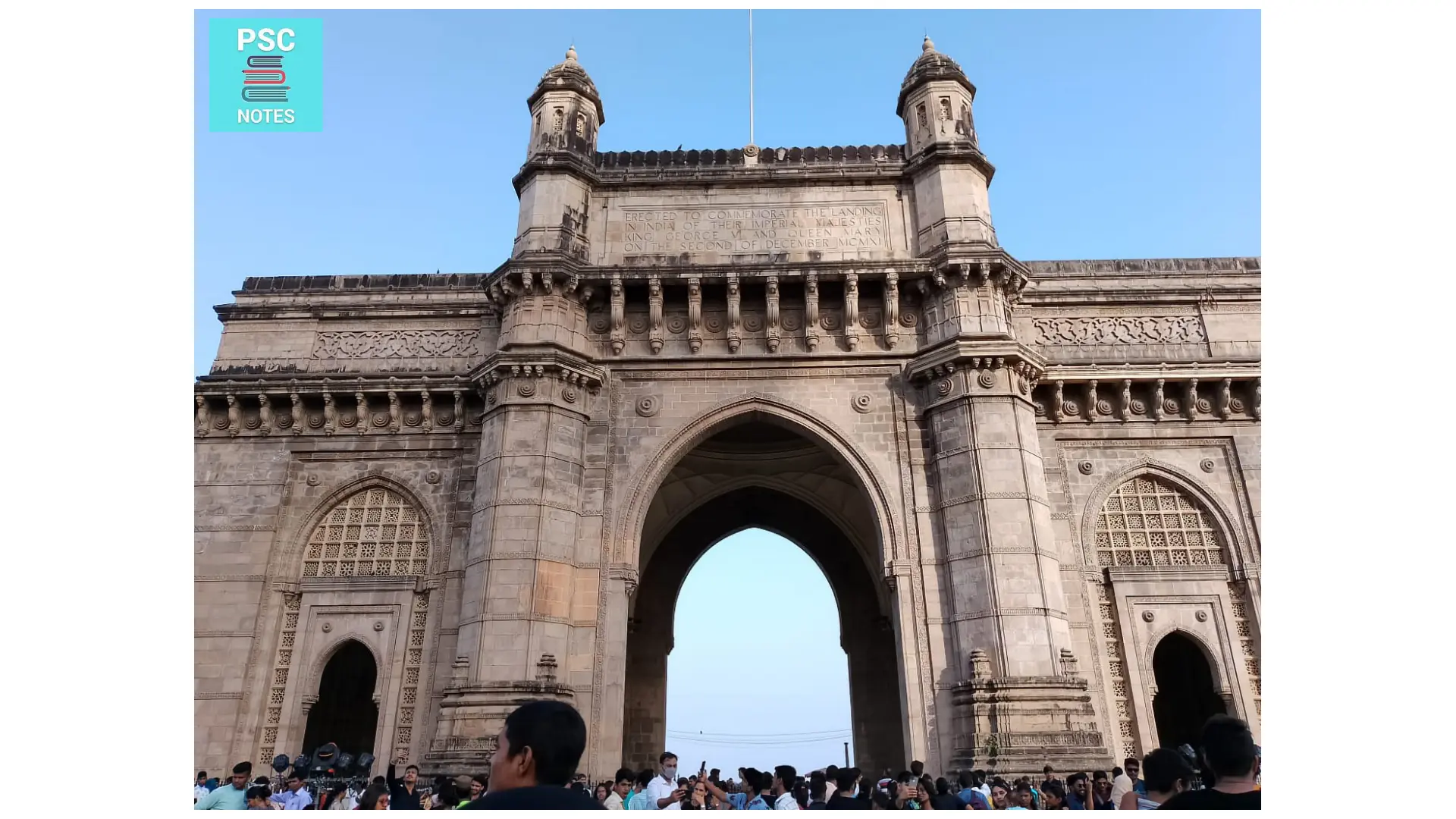Impacts of Globalisation:- For RAS RTS Mains examination of RPSC
Definition of Globalization-3/”>Globalization :- Its a process(not an outcome) characterized by increasing global Interconnections by gradual removal of barriers to trade and Investment between nation and higher economic efficiency through competitiveness. Various economic, political, social and cultural effects of globalization are as follows:- [su_heading size=”21″]Economic:-[/su_heading] Breaking down of national economic barriers International spread of Trade, … Read more




